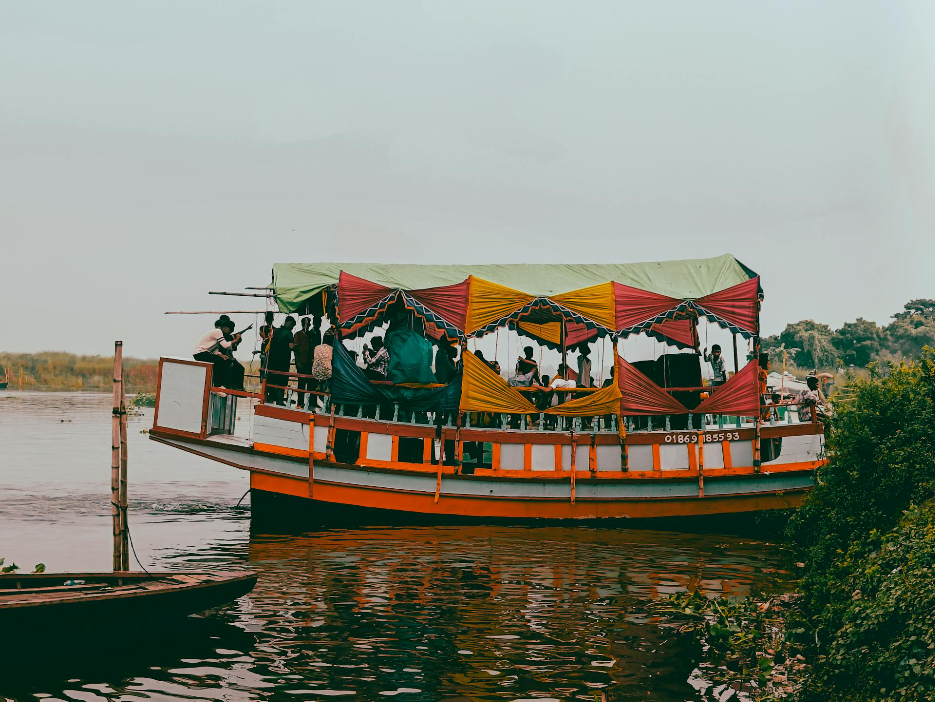A discussion has been ignited among involved parties due to a new ruling that prohibits houseboats in certain areas of Tanguar Haor. This area is a conserved wetland and has been designated as a Ramsar site in Sunamganj. Supporters say it’s essential to protect biodiversity; critics warn it may undermine local livelihoods and eco-tourism without addressing root problems. Tanguar Haor spans over 100 sq km and supports more than 140 fish species and about 200 migratory bird species each winter. It also sustains around 40,000 residents through fishing and tourism. However, unchecked tourism has brought pollution, noise, and environmental stress—signals that prompted authorities to impose houseboat restrictions in ecologically sensitive zones. Environmentalists have long flagged issues: tourists blasting loud music, disposing of plastics, and operating motorised boats that harm fragile habitats. One estimate suggests at least one tonne of plastic enters the haor daily during peak season, posing threats to aquatic life and birds. The government has responded with stricter measures under the Ecologically Critical Area (ECA) framework, including banning motorboats in core zones, limiting visitor numbers, and banning single-use plastic. New initiatives also include permanent wetland sanctuaries and community-led monitoring to strengthen conservation. Local communities and tourism operators are divided. Many depend on houseboat tourism for income, employing thousands and supporting ancillary businesses. In peak seasons, 500 boats may carry up to 50,000 visitors, generating significant local revenue. Critics say the ban lacks nuance and offer no compensation or alternatives for those affected. Conservation experts caution that without accompanying community involvement, infrastructure support, and waste management systems, bans may impoverish local communities and encourage illegal operations. Integrated management models—such as the $4 million, GEF-supported Community-based Management of Tanguar Haor project—aim to build co-management frameworks and support sustainable livelihoods alongside biodiversity protection. The issues facing Tanguar Haor go beyond just tourism. Periodic landslides upstream bring in sediment that changes the waterways, putting habitats at risk and endangering boat services. Whether the ban is a powerful conservation move, or an overzealous clampdown depends on follow-through. Success will require: Alternative income streams for boat operators, such as regulated eco-tourism packages, birdwatching services, and conservation-linked jobs. Robust enforcement of plastic bags, noise regulations, and boat capacity limits. Community engagement in tourism planning, monitoring, and benefit-sharing. The Tanguar Haor ban places Bangladesh at a crossroads between protecting unique ecology and supporting local livelihoods. A carefully balanced, inclusive approach may offer a path to sustainable tourism—but missteps risk turning vibrant community-driven ecotourism into silent waters.
Ban on Tanguar Haor Houseboats: Brilliant Fix or Overkill?
55


